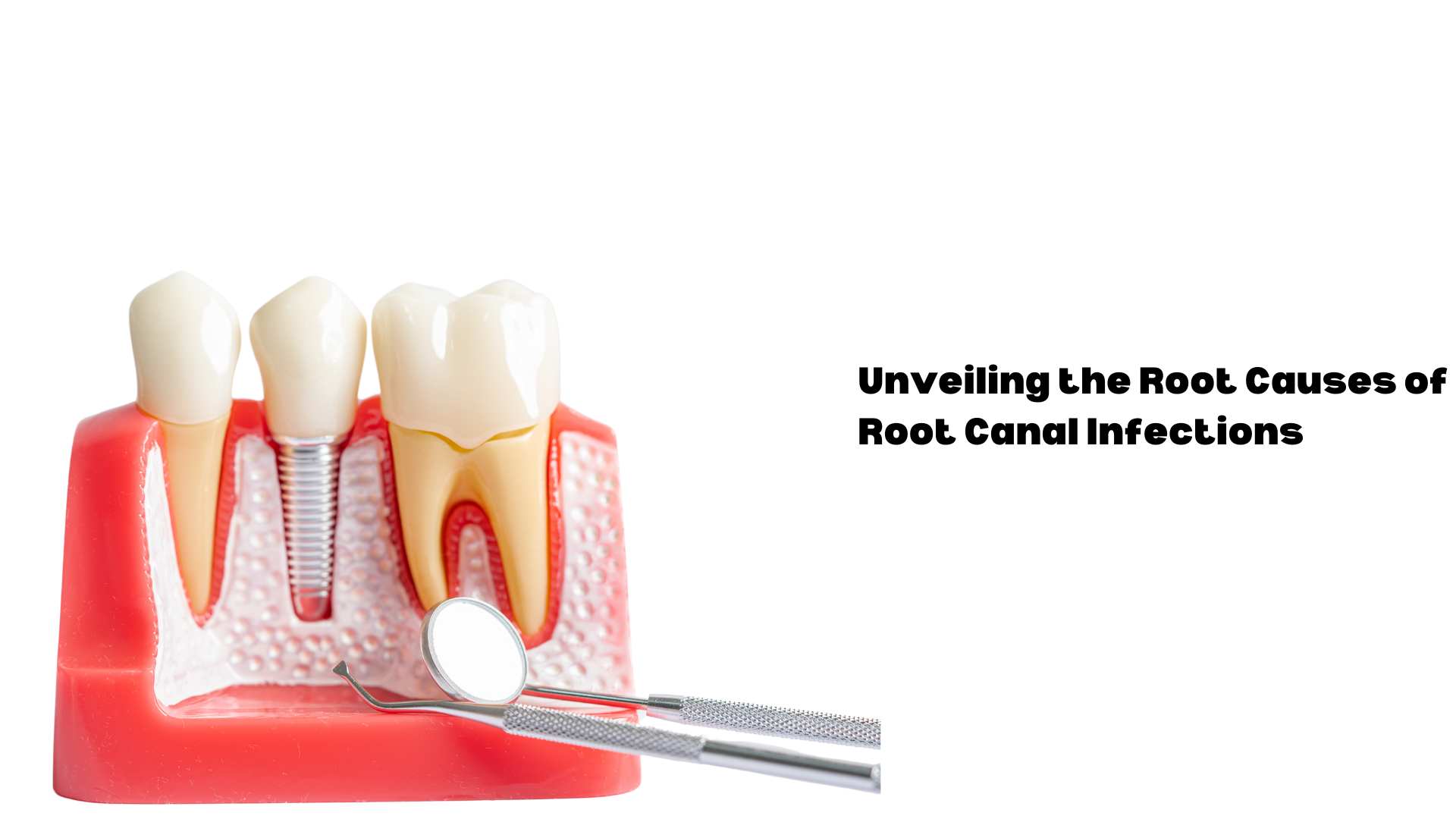Understanding the End-Stage of Pulmonary Hypertension: What You Need to Know
.png)
Introduction: Pulmonary hypertension (PH) is a progressive condition characterized by high blood pressure in the arteries of the lungs, leading to various symptoms and complications. While advancements in medical treatments have improved outcomes for many patients, it's crucial to understand the potential progression of PH, particularly its end-stage. In this blog post, we'll explore what happens in the end-stage of pulmonary hypertension and how it affects individuals living with this condition. What is Pulmonary Hypertension? Before delving into the end-stage, let's briefly recap what pulmonary hypertension entails. PH occurs when the blood vessels in the lungs become narrowed, thickened, or blocked, making it harder for blood to flow through the lungs. As a result, the right side of the heart must work harder to pump blood through these vessels, leading to right heart failure if left untreated.If you are suffering from disease visit Best Hospital For Lungs in Coim...
.jpg)

.jpg)

